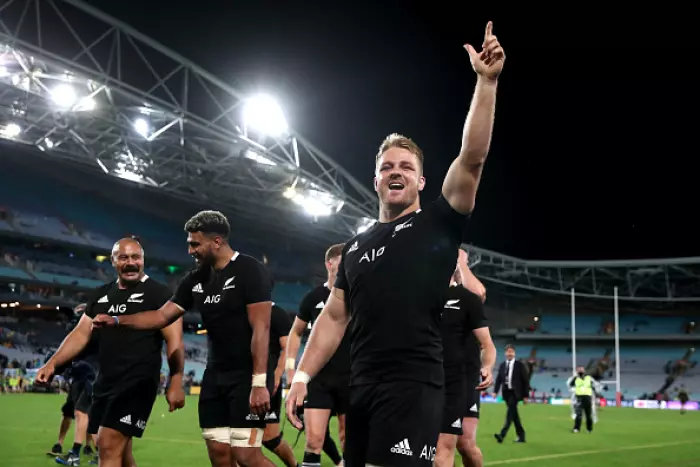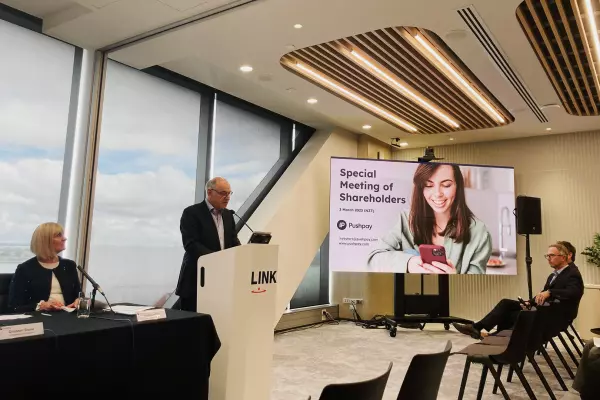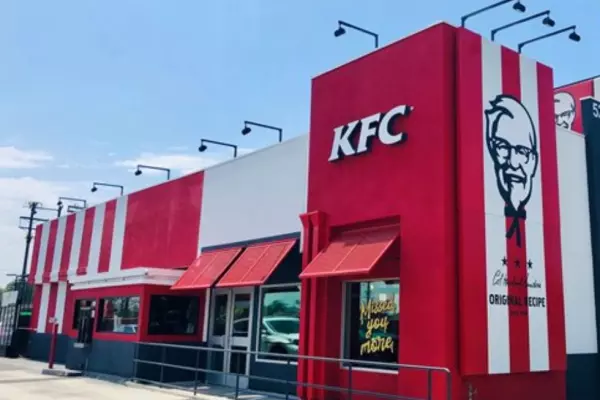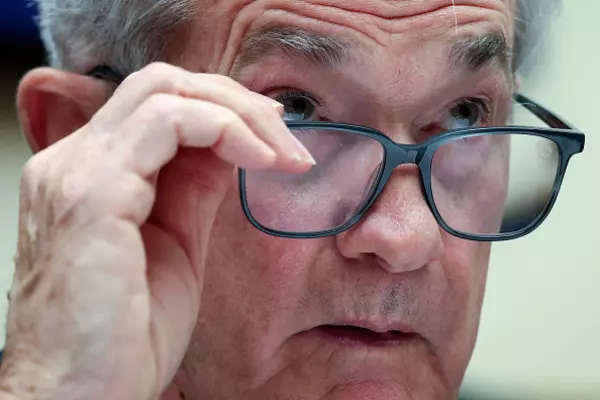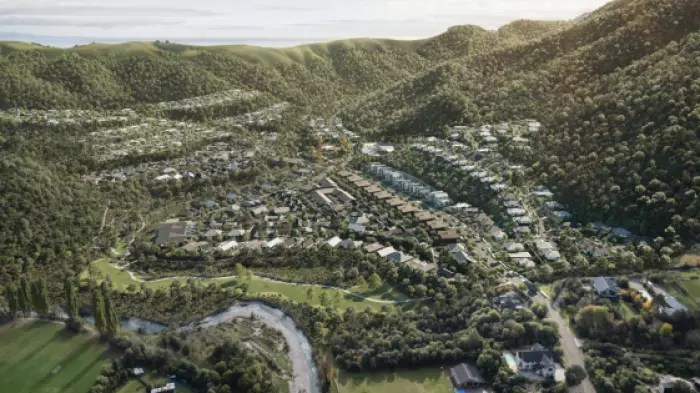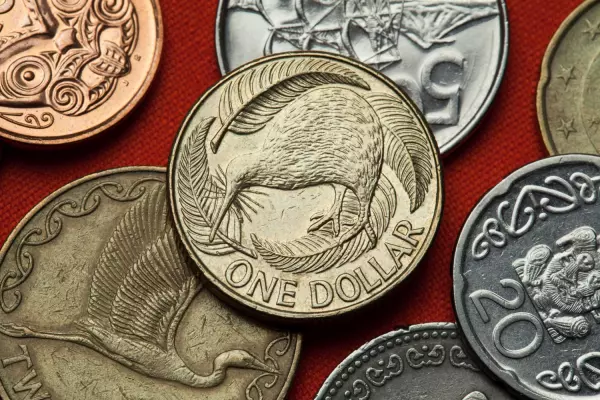NZ Rugby’s provincial unions have voted to approve Silver Lake’s $387 million investment in a new commercial arm of the organisation.
“What you just did was incredibly significant,” NZ Rugby chair Brent Impey said after the unanimous vote at this morning's annual meeting in Wellington.
Impey, who will stand down from the board in the next few weeks, said the organisation had to accept that its pre-covid business model was unsustainable and needed “fundamental changes” to escape a difficult financial position.
Prior to the vote, NZ Rugby revealed it had recorded a net loss of $34.6 million due to the lack of live sport and a $15.9m impairment on its stake in Sky Network Television.
Without the writedown of Sky shares, the organisation saw an operating loss of $18.7m, just $5 million above a budgeted loss of $13.7m. Revenue fell $138m, a 26% reduction from 2019.
Chief financial officer Nicki Nicol said this was a “very strong financial result given the impact of covid on our sport” but it shows the financial pressure the organisation is under.
“When we met in April last year, we were just coming to terms with what was ahead of us. We were fighting for the survival of rugby,” said chief executive Mark Robinson.
US technology investor, Silver Lake is being touted as a key element in the survival strategy, with a deal that would see NZ Rugby transfer its commercial assets into a limited partnership as a special purpose vehicle and sell a 12.5% stake to Silver Lake for $387.5m.
This will be the biggest structural change in 25 years of professional rugby, with the bulk of NZ Rugby's income and expenses carved out into a subsidiary.
First, however, it must also win the professional players association over to a deal that it so far opposes.
Impey said he was disappointed by that opposition as the deal would set up the future of rugby.
“No money and too much money can be curse, so that the final word is to ensure that money is well spend. Be as disciplined as if it were your own money, but hey, it is you (who) own money,” he said.
The cash-strapped provinces have been warmer to the proposal in the run up to the annual meeting than the professional players, who are still in negotiations with the national union and retain a veto over it going ahead.
The association represents between 300 and 400 professional players and can argue its members are the drawcard that generates the game’s revenue.
The provincial unions get a smaller share of commercial revenue but have club membership that vastly outnumbers the premier players.
Silver Lake is hoping to better monetise the All Blacks brand among some 60 million international fans. The private equity firm has a stake in talent and media giant Endeavor Group, which is the global master licensee of the Rugby World Cup.


